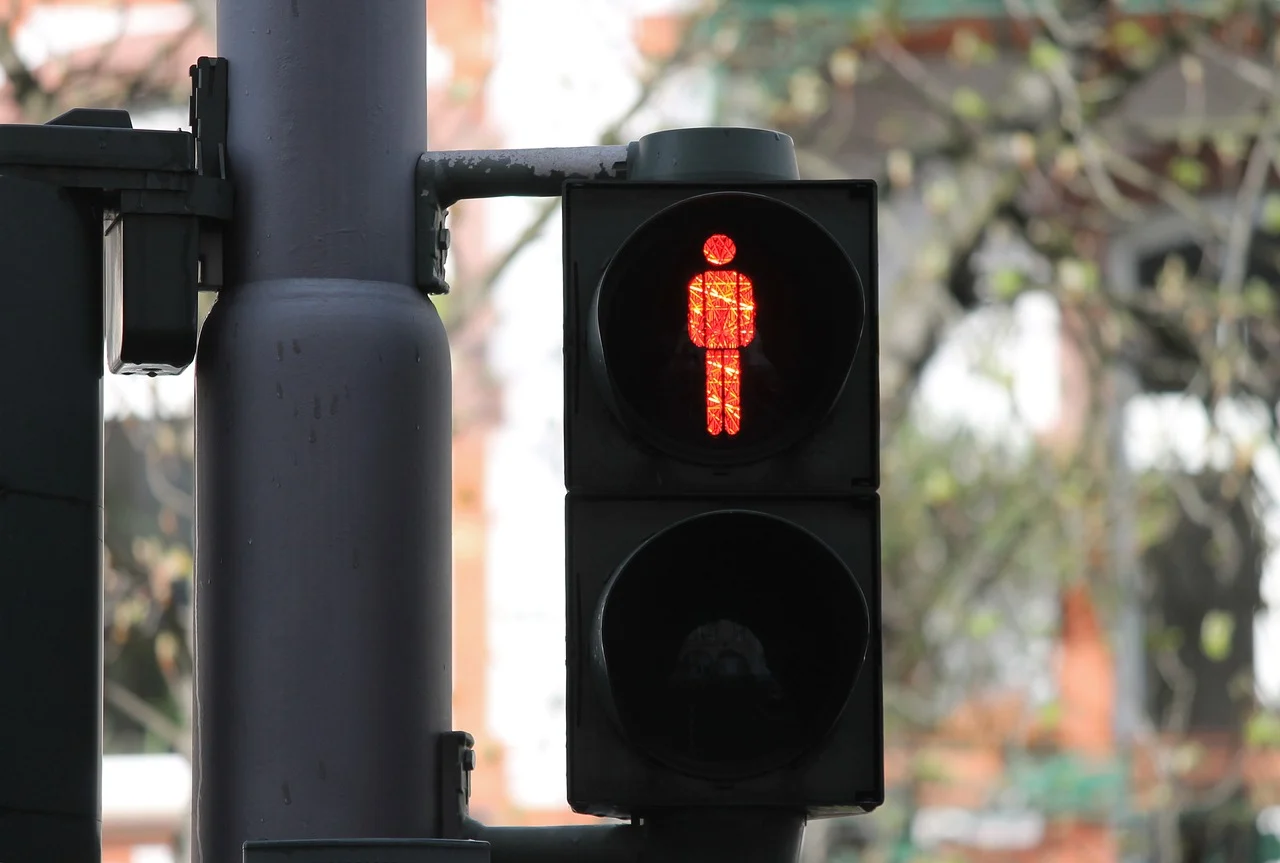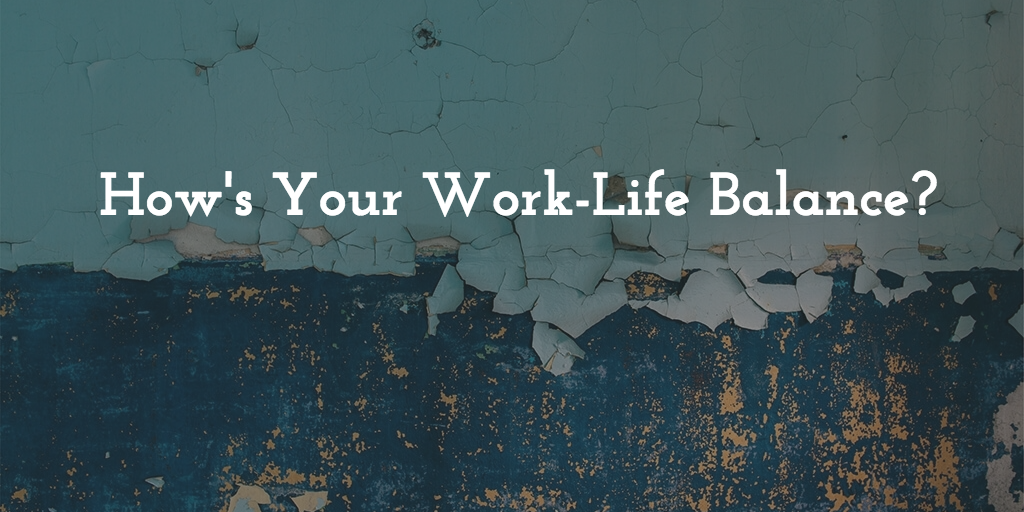freelance writing burnout
-
A Guide to Declining Offers From Clients Nicely
One of the most significant advantages of working as a freelancer is…
-
4 Practical Ways To Recover From Writer’s Burnout
All writers suffer from burnout. You sit in front of your computer…
-
Have You Assessed Your Work-Life Balance Lately?
The topic of work-life balance is a real problem, for both regular…
-
The Dark Side of Freelance Writing: Burnout
Not everything about freelance writing is bunny slippers and bon bons. Sure,…



